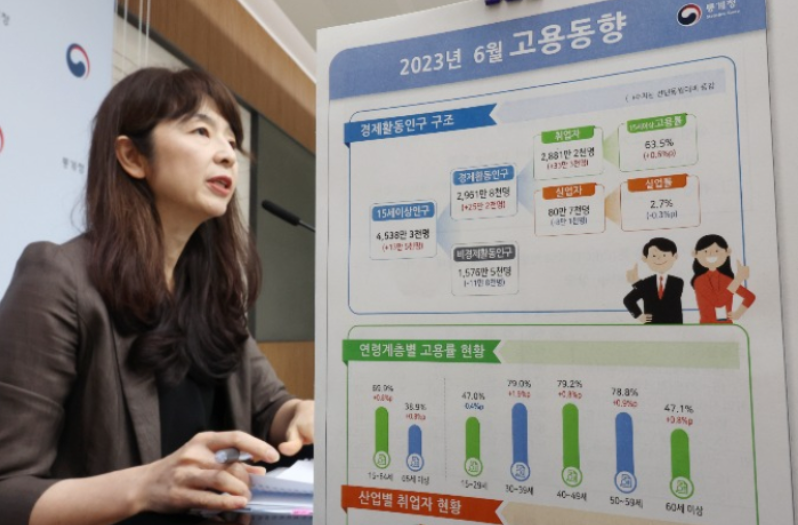South Korea is facing a growing youth employment crisis. Despite having one of the world’s most educated populations, millions of young South Koreans are struggling to find stable jobs, as traditional employment sectors shrink and competition intensifies.
With automation, an aging population, and a slowing economy, many industries that once hired fresh graduates in large numbers such as manufacturing, finance, and construction are now cutting back or shifting overseas. As a result, even highly qualified youth are finding themselves unemployed or underemployed for long periods.
University Graduates Compete for Fewer Jobs in South Korea

Young South Koreans are under immense pressure to succeed academically, often spending years preparing for university and competitive exams. However, the job market has not kept pace with educational achievements. Government data shows that the employment rate for people in their 20s continues to fall, especially for those without work experience.
This disconnect has led to frustration and a sense of hopelessness among the youth. Many are forced to take temporary, part-time, or gig jobs far below their skill level or expectations.
South Korean Youth Turn to “NEET” Lifestyle or Delay Career Decisions
A growing number of young people in South Korea are classified as Not in Education, Employment, or Training . Some choose to stay at home, pursue further studies with no guarantee of employment, or even withdraw from the labor market entirely.
Social pressures and family expectations only add to the burden. While some youth seek jobs abroad or consider starting small businesses, these paths are often limited by financial or legal barriers.
This growing NEET trend underscores the urgent need for labor reform, improved mental health services, and targeted support programs that can help young people transition into meaningful employment. Without meaningful intervention, South Korea risks losing an entire generation of talent, creativity, and potential.
Government Urged to Act on Youth Unemployment Crisis
The South Korean government has launched several initiatives including tech training programs, job subsidies for employers, and youth entrepreneurship funding but experts urge the government to implement more systemic reforms.
Leaders must prioritize labor market flexibility, support for small businesses, improved mental health resources, and career guidance to help young people navigate the rapidly changing economy.
If the government fails to take significant steps, it will risk causing long-term social and economic damage and leaving a generation of talent behind.


 Torrential Rains Leave 10 Dead, 8 Missing Across South Korea
Torrential Rains Leave 10 Dead, 8 Missing Across South Korea  South Korea Rethinks Rules to Avoid U.S. Tariffs
South Korea Rethinks Rules to Avoid U.S. Tariffs